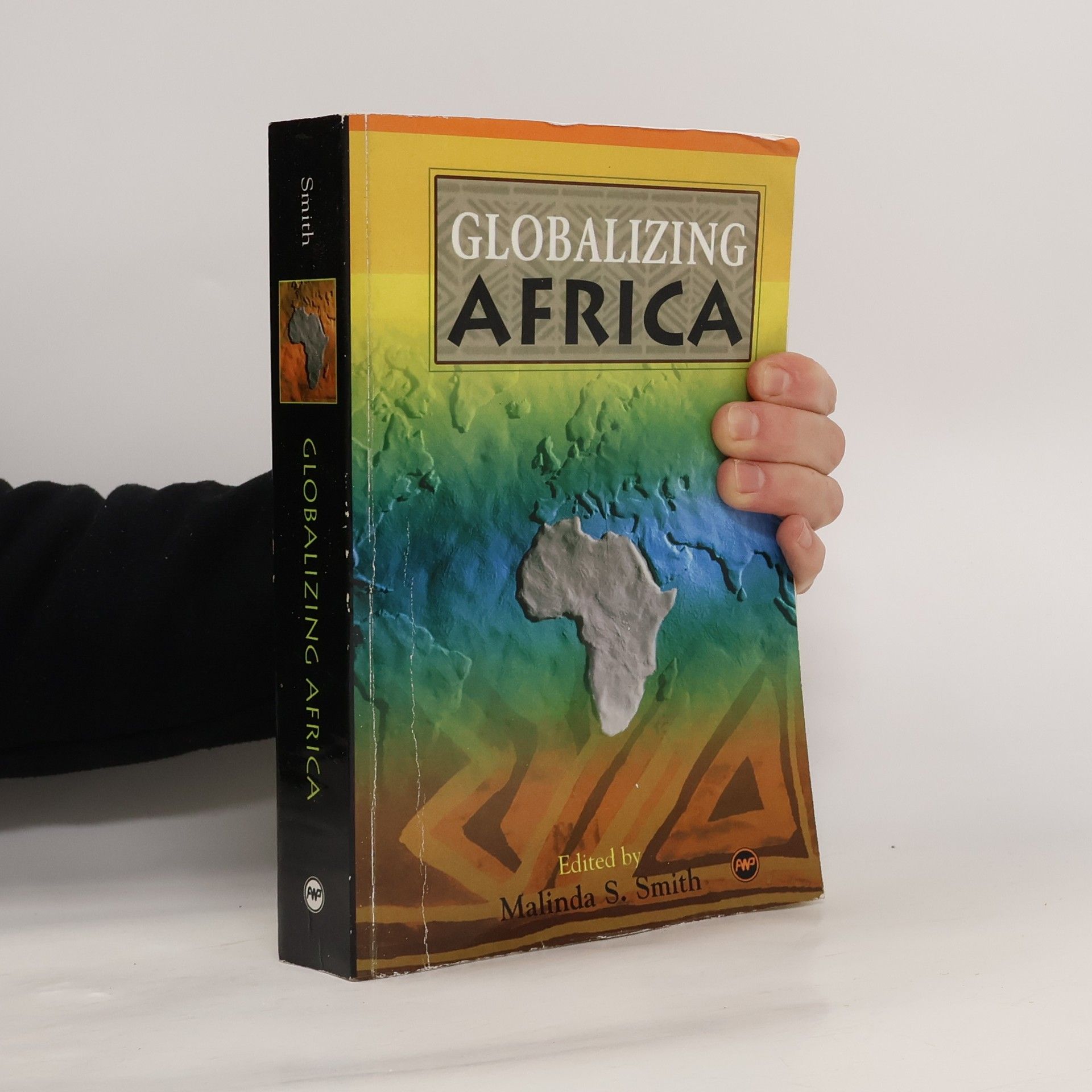Cameron Carson has a big senior-year secret. A secret with the power to break apart his friend group. Cameron Carson, member of the multicultural Geeks and Nerds United (G.A.N.U.) club, has been secretly hooking up with student council president, cheerleader, theatre enthusiast and all-around queen bee Karla Ortega, since the summer. The one problem--what was meant to be a summer fling between coffee shop coworkers has now evolved into a clandestine school-year entanglement, where Karla isn't intending on blending their friend groups anytime soon, or at all. Enter Mackenzie Briggs, who isn't afraid to be herself or wear her heart on her sleeve. When Cameron finds himself unexpectedly bonding with Mackenzie and repeatedly snubbed in public by Karla, he starts to wonder who he can truly consider a friend and who might have the potential to become more...
Malinda S. Smith Ordre des livres (chronologique)


Globalizing Africa
- 593pages
- 21 heures de lecture
At the outset of the twenty-first century, Afropessimism dominates discussions about Africa, often depicting the continent as "hopeless" and marginalized within the global economy. This interdisciplinary volume challenges these interpretations while critiquing neoliberal globalization and its uneven effects on Africa. The essays explore the constraints and opportunities within Africa's political economy, civil societies, and cultural production amid intensifying globalization. Despite diverse perspectives, all contributors are committed to critically examining globalization's implications for Africa and enhancing research and teaching in African studies. This collection features thirty essays that provide a comprehensive analysis of the political, economic, and cultural impacts of globalization on the continent. The book is organized into three parts: Part I analyzes Africa's representation and its struggles for democracy, governance, peace, and human rights from slavery to the postcolonial era. Part II assesses the challenges of economic development in postcolonial Africa and the factors influencing its marginalization in the global economy. Part III reflects on African indigenous knowledge, universities, cultural industries, and themes of memory and reconciliation in postconflict societies.